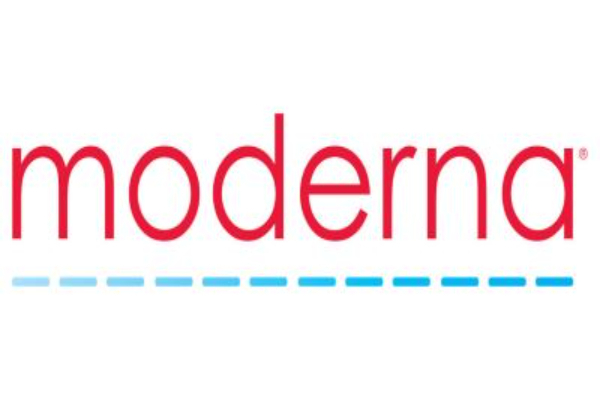mRNA-4359 advances to phase 2 following encouraging results in checkpoint inhibitor-resistant Melanoma

Moderna announced encouraging clinical, safety, and translational data from its ongoing Phase 1/2 study evaluating mRNA-4359 in combination with pembrolizumab in patients with checkpoint inhibitor-resistant or refractory (CPI-R/R) melanoma. The data will be presented at the 2025 European Society for Medical Oncology (ESMO) Congress, taking place October 17–21 in Berlin, Germany.
mRNA-4359 is an investigational immune-evasion targeted Cancer Antigen Therapy (CAT) that encodes epitopes of two key immune escape pathways—PD-L1 and IDO1—to elicit antigen-specific T-cell responses. This mechanism aims to directly eliminate tumor cells while depleting tumor suppressor cells, potentially restoring anti-tumor immunity in patients who have not responded to prior immunotherapies.
The Phase 1/2 data include results from 29 participants with CPI-R/R melanoma who had received at least one prior checkpoint inhibitor therapy. Participants were administered mRNA-4359 at doses of either 400 µg (n=14) or 1,000 µg (n=15) intramuscularly every three weeks for up to nine doses, in combination with pembrolizumab.
“While these are early data, the results for mRNA-4359 in highly refractory metastatic melanoma are both unique and highly encouraging,” said Dr. Kyle Holen, Head of Development, Therapeutics and Oncology, Moderna.
“Unlike other checkpoint inhibitors that restore non-specific T-cell activity, mRNA-4359 encodes two key immune escape pathways to generate new, targeted T cells. This approach may enable broader and more durable immune responses in patients who have exhausted existing treatment options. We are proud to share these results, which demonstrate the potential of mRNA-based therapies to transform cancer care.”
mRNA-4359, both as a monotherapy and in combination with pembrolizumab, has shown a manageable safety profile with no new immune-related adverse events (AEs) observed.
“After failing first-line immunotherapy, PD-L1–positive patients have very limited treatment options,” said Prof. David J. Pinato, Clinical Professor of Experimental Cancer Therapeutics at Imperial College London, Consultant Medical Oncologist at Imperial College Healthcare NHS Trust, and lead author of the abstract.
“mRNA-4359 shows promise in rebalancing the tumor microenvironment to overcome immunotherapy resistance. These findings are encouraging and warrant further investigation into the potential of mRNA-4359 as a next-generation immunotherapy.”

Subscribe To Our Newsletter & Stay Updated